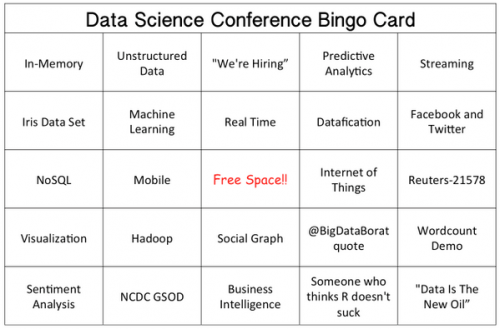Uganda is notorious for having some of the most repressive anti-gay laws in the world, but that’s not enough for the bluenoses of Africa, oh no: they’ve just passed sweeping anti-pornography laws.
The Bill defines pornography as any cultural practice, form of behaviour or form of communication or speech or information or literature or publication in whole or in part or news story or entertainment or stage play or broadcast or music or dance or art or graphic or picture or photography or video recording or leisure activity or show or exhibition.
It also prohibits any combination of the preceding that depicts unclothed or under clothed parts of the human body such as breasts, thighs, buttocks and genitalia, a person engaged in explicit sexual activities or conduct; erotic behaviour intended to cause sexual excitement and any indecent act or behaviour tending to corrupt morals.
That’s a bit…broad, don’t you think? That “underclothed” bit is already being interpreted as a ban on mini-skirts, for instance — just exposing any bit of the thighs has just been criminalized. Give ’em time, they’ll get around to making exposing the knees illegal, and then the ankles, and eventually everyone will be wandering about dressed like Victorians.
But it’s not just Uganda that is run by prudes: David Cameron in the UK is anxious to police the internet with the same prim attitude. He’s been working with ISPs to lock down the internet.
The language of the mythical ‘porn filter’ is so insidious, so pervasive, that even those of us opposed to it have been sucked into its slippery embrace. And so even when it turns out that O2 are blocking the Childline and Refuge websites, or that BT are blocking gay and lesbian content, we tend to regard them as collateral damage – accidental victims of a well-meaning (if misguided) attempt to protect out children from the evils of cock.
But this was never the case. As Wired reported back in July, Cameron’s ambitions extended far beyond porn. Working through secretive negotiations with ISPs, the coalition has put in place a set of filters and restrictions as ambitious as anything this side of China, dividing the internet into ‘acceptable’ and ‘unacceptable’ categories, and cutting people off from huge swathes of it at the stroke of a key.
“As well as pornography, users may automatically be opted in to blocks on “violent material”, “extremist related content”, “anorexia and eating disorder websites” and “suicide related websites”, “alcohol” and “smoking”. But the list doesn’t stop there. It even extends to blocking “web forums” and “esoteric material”, whatever that is. “Web blocking circumvention tools” is also included, of course.”
And the restrictions go further still. Over the weekend, people were appalled to discover that BT filters supported homophobia, with a category blocking, “sites where the main purpose is to provide information on subjects such as respect for a partner, abortion, gay and lesbian lifestyle, contraceptive, sexually transmitted diseases and pregnancy.”
Wow. That had me wondering whether freethoughtblogs was blocked yet, but as Martin Robbins explains at that link, they are being secretive about who is getting blocked, as well.
Hey, I wonder if they swapped the Ugandan and UK parliaments, if anyone would be able to tell?


